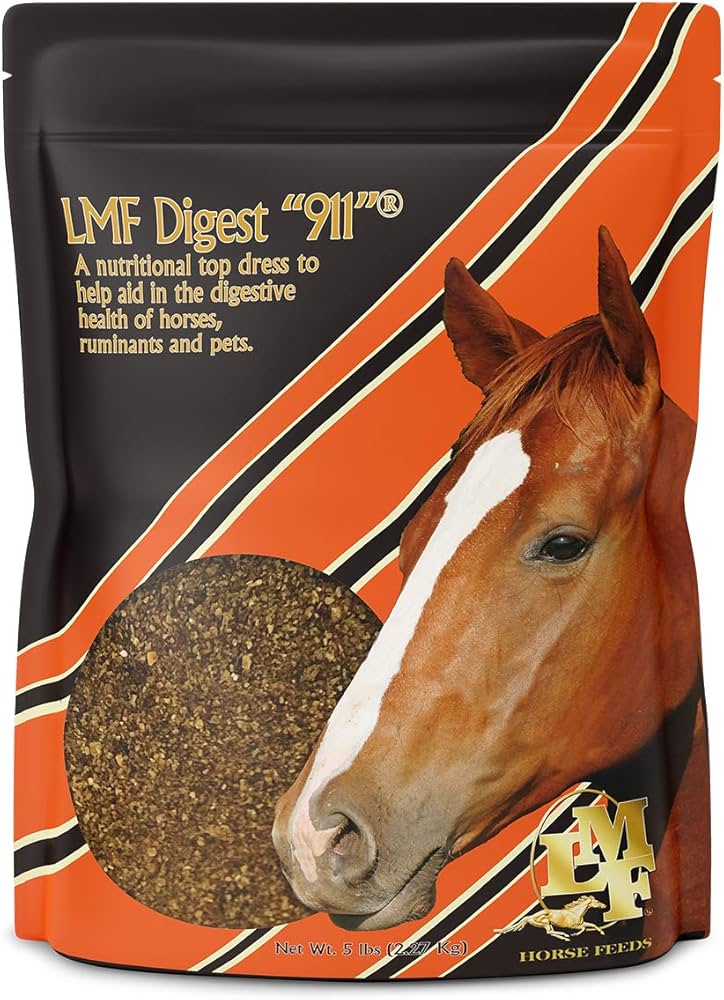Natural Digestive Aids for Sensitive Horse Stomachs
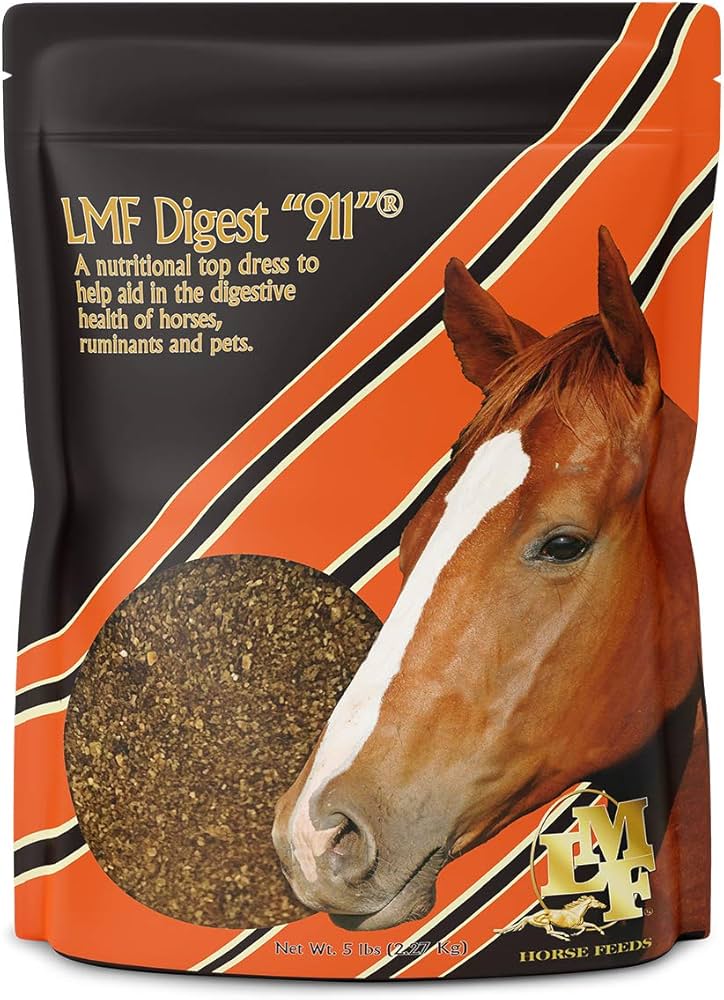
Horses with sensitive stomachs require special care to maintain their digestive health. Natural digestive aids can be an effective way to support their gastrointestinal system, reduce discomfort, and improve nutrient absorption without relying on harsh chemicals or medications. This article explores various natural remedies, their benefits, and practical tips for horse owners.
Understanding Sensitive Horse Stomachs
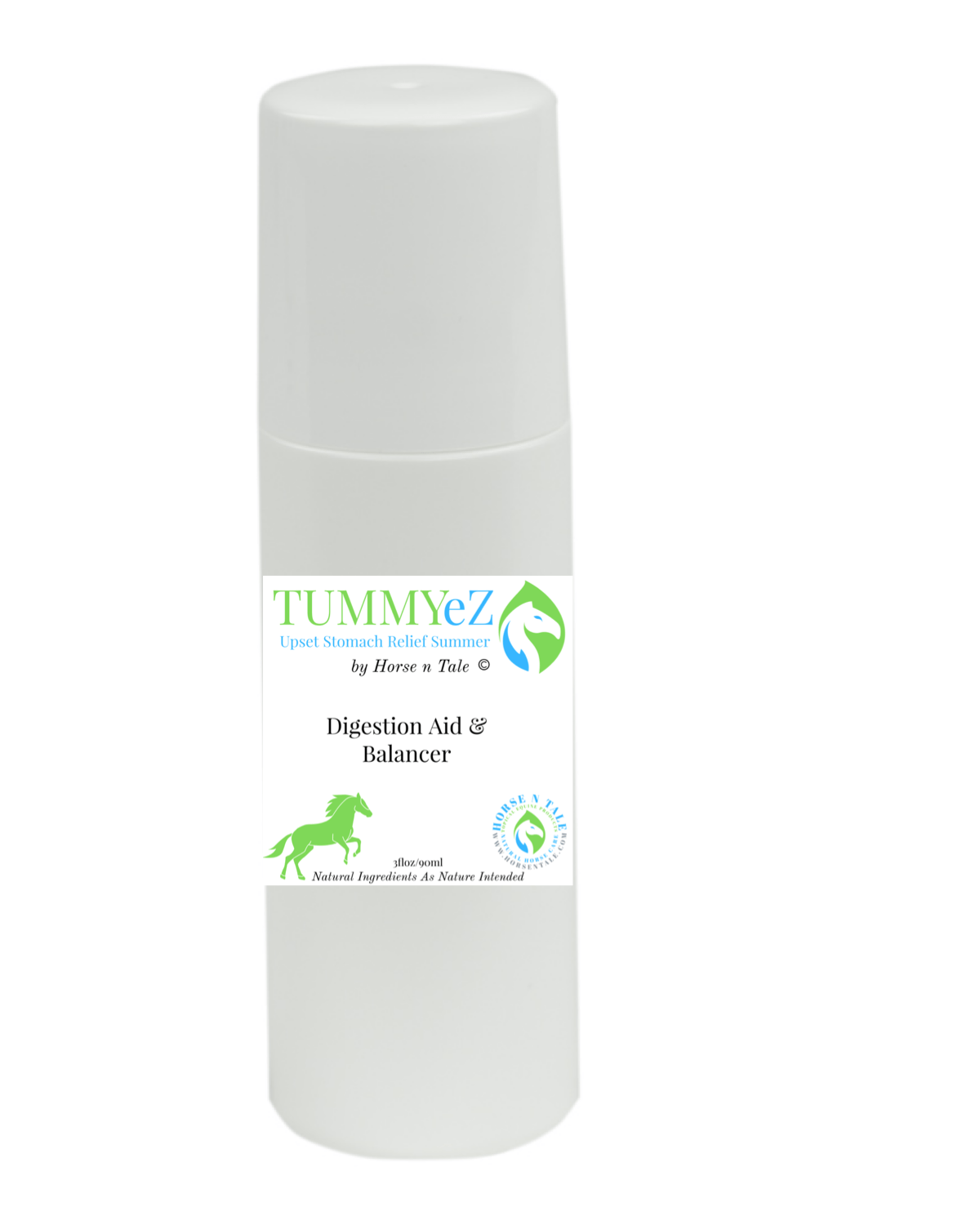
A sensitive stomach in horses often manifests as frequent colic, gastric ulcers, or irregular digestion. Factors contributing to sensitivity include stress, diet changes, medication, and underlying health conditions. Recognizing these signs early can help in managing the condition effectively.
Common Natural Digestive Aids
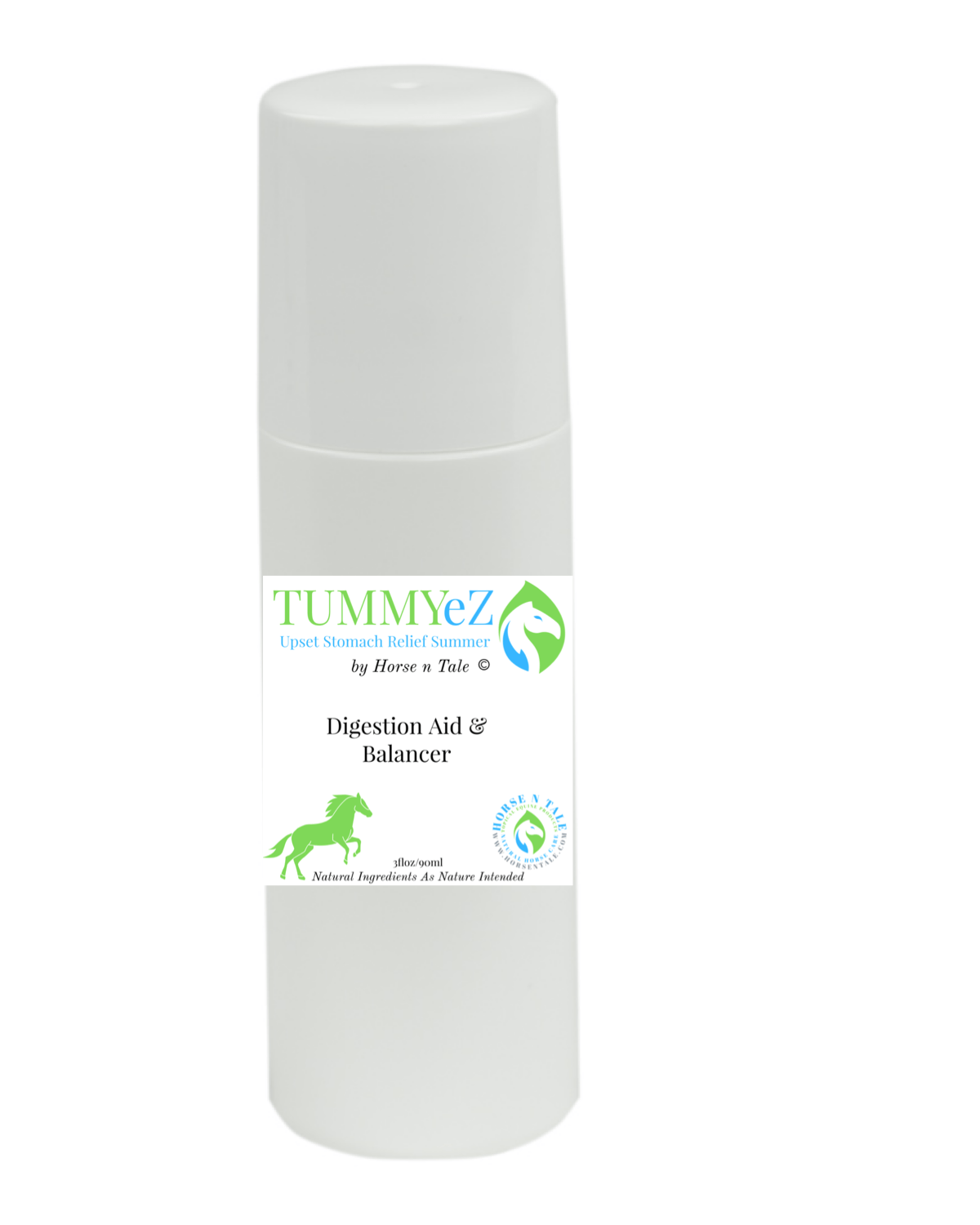
| Digestive Aid | Description | Benefits | Usage Tips |
|---|---|---|---|
| Slippery Elm | A mucilaginous herb that soothes the digestive tract lining. | Reduces inflammation, protects ulcers, promotes healing. | Mix with feed or water; use daily for best results. |
| Probiotics | Live beneficial bacteria that balance gut flora. | Enhances digestion, boosts immunity, reduces gas. | Choose equine-specific strains; follow dosage instructions. |
| Prebiotics | Non-digestible fibers that feed good bacteria. | Supports probiotic effectiveness, improves gut health. | Include in diet through supplements or natural sources like beet pulp. |
| Aloe Vera Juice | Contains compounds that soothe and heal the stomach lining. | Reduces acidity, promotes tissue repair. | Use in moderation; consult a vet for dosage. |
| Chamomile | Herbal remedy with anti-inflammatory and calming properties. | Eases digestive spasms, reduces stress-related symptoms. | Serve as a tea or supplement; ensure no allergies. |
Dietary Recommendations
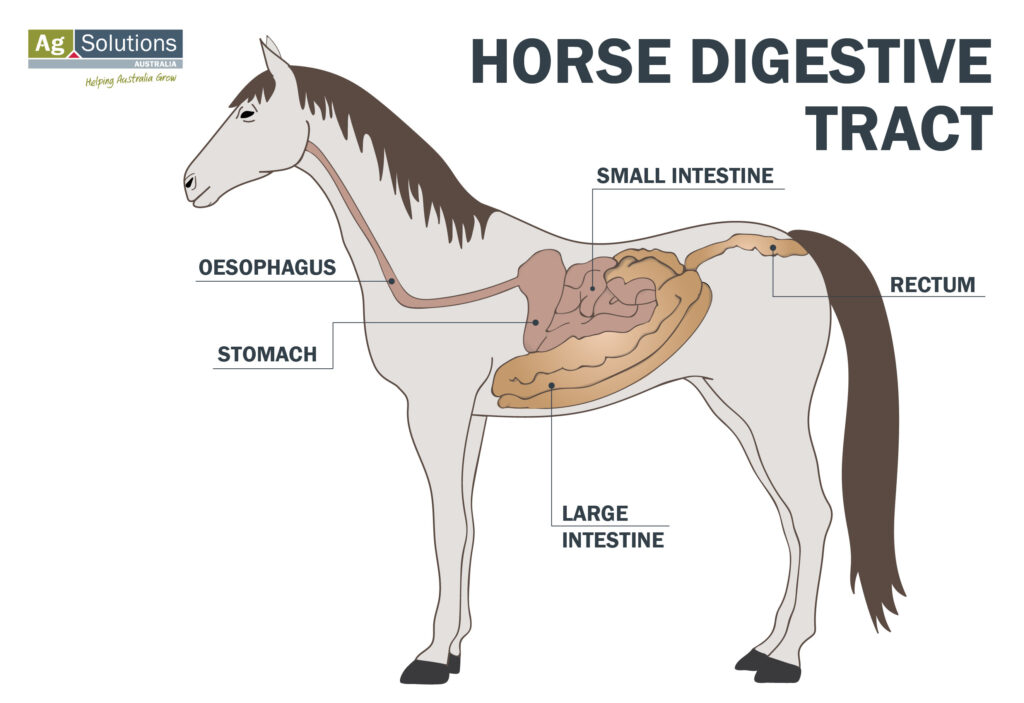
- Consistent Feeding Schedule: Regular meals help stabilize stomach acid levels.
- High-Quality Forage: Provide ample hay to encourage natural chewing and saliva production.
- Avoid Excessive Grain: Grains can increase stomach acidity and should be limited.
- Hydration: Ensure constant access to clean water to aid digestion.
FAQ
Q1: Can natural aids replace veterinary treatment for ulcers?
A1: Natural aids can support digestive health but should not replace professional veterinary care, especially in severe cases.
Q2: How long does it take to see results from natural digestive aids?
A2: Improvement varies but generally takes a few weeks of consistent use.
Q3: Are there any risks associated with these natural remedies?
A3: Some horses may have allergies or sensitivities; always introduce new supplements gradually and consult a vet.
Conclusion
Incorporating natural digestive aids into your horse’s care routine can significantly improve comfort and digestive function for horses with sensitive stomachs. Always combine these aids with proper diet management and veterinary guidance for the best outcomes.
This structured approach ensures the article is informative, engaging, and optimized for search engines, making it a valuable resource for horse owners seeking natural solutions.
